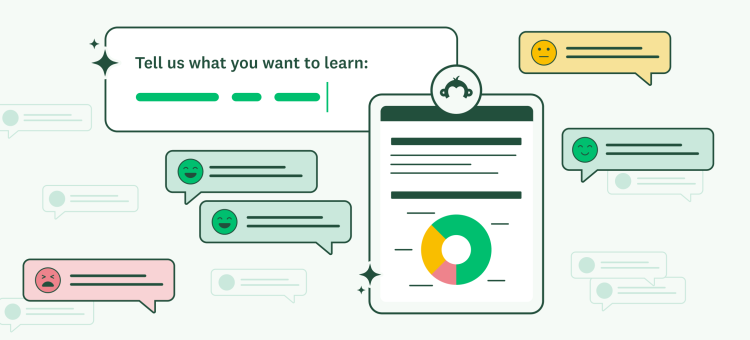As the coronavirus pandemic has shown, organizations need to be concerned about their employees’ physical health as well as their mental well-being—particularly if they are on the front lines, like contact center agents. In times of crisis, people reach out to contact centers at a higher rate. Service contact centers may even function as free psychological counseling centers, as customers often share their thoughts and concerns with agents.
A recent McKinsey survey of US consumers found that 64% of respondents have felt depressed, anxious, or both over the past several weeks, and 39% stated that they would be unable to pay their bills after one month of unemployment.
Companies providing empathy and care during this crisis can build a foundation of goodwill and long-lasting emotional connections with the communities they serve. However, they also need to be hypervigilant about protecting their front line staff.
Service agents are constantly exposed to very real and often disturbing concerns, fears, and problems of their callers. This can result in a form of secondary trauma, which occurs when people are exposed to others’ traumatic experiences through conversations and media reports. There is no known way to avert this trauma in contact centers, however, there are tools and practices that agents can use to stay healthy and grounded; agents can benefit from the same techniques used by psychotherapists, healthcare workers, and first responders who manage secondary trauma on a regular basis.
Cultivate mindfulness
One of the best ways to help manage stress and trauma is to practice mindfulness. Mindfulness is a type of meditation where individuals take in moment-to-moment experiences as they come, calmly acknowledging and accepting feelings, thoughts, and bodily sensations, without judgment and without reacting to them.
The main goal of mindfulness is to remain focused on the present and attempt to free our minds from past events or anxiety about the future. Practicing mindfulness helps achieve this and improves other cognitive functions, such as learning, attention, problem-solving, and decision-making.
5 practices to settle the mind and calm the body
Being mindful doesn’t need to be complicated. Here are five suggestions from Sanford fit, a community health program by Sanford Health:
- Pick a color: Choose a color, any color—it may be your favorite color. Look around and find 10 objects that are this color. Pick another color and repeat it.
- Keep a journal: This can be for personal reflection, drawing, or even creative writing. Keeping a journal can be a great form of self-expression and relaxation.
- Practice yoga: Using your phone, tablet, or computer, access yoga videos to help stretch your muscles, get the blood moving, and recharge your brain and body.
- “Sounds good” exercise: Sit somewhere comfortable and close your eyes. What do you hear? Many things, or just your own breathing? Focus on one sound and sway with the natural rhythm.
- Savor what you consume: Drink your coffee, and really taste it. Experience the full sensation — the warmth, the scent, the feeling. Bring that same care and attention when you have dinner with your family. Talk about your experiences together, and see if one of you notices something the others didn’t.
Additional mindfulness resources
The UN Foundation’s Peace on Purpose Initiative has partnered with Insight Timer, the #1 free meditation app and world’s largest library of guided meditations, to provide additional resources to help alleviate the stress levels of frontline workers. This app was created to assist global humanitarian workers and the trauma-sensitive maintain a healthy mental state through evidence-based mindfulness tools. It can be downloaded on a mobile device or a desktop and is available for free in 12 languages.
We are experiencing extremely turbulent times and according to the trends and data, the situation is expected to get worse before it gets better. One of the most important things an organization can do for its employees is to assure them that it is there for them. If organizations help agents stay healthy by allowing them to work from home, and coach them to use mindfulness techniques to reduce stress, these essential staff members will be able to keep being there to help customers.




